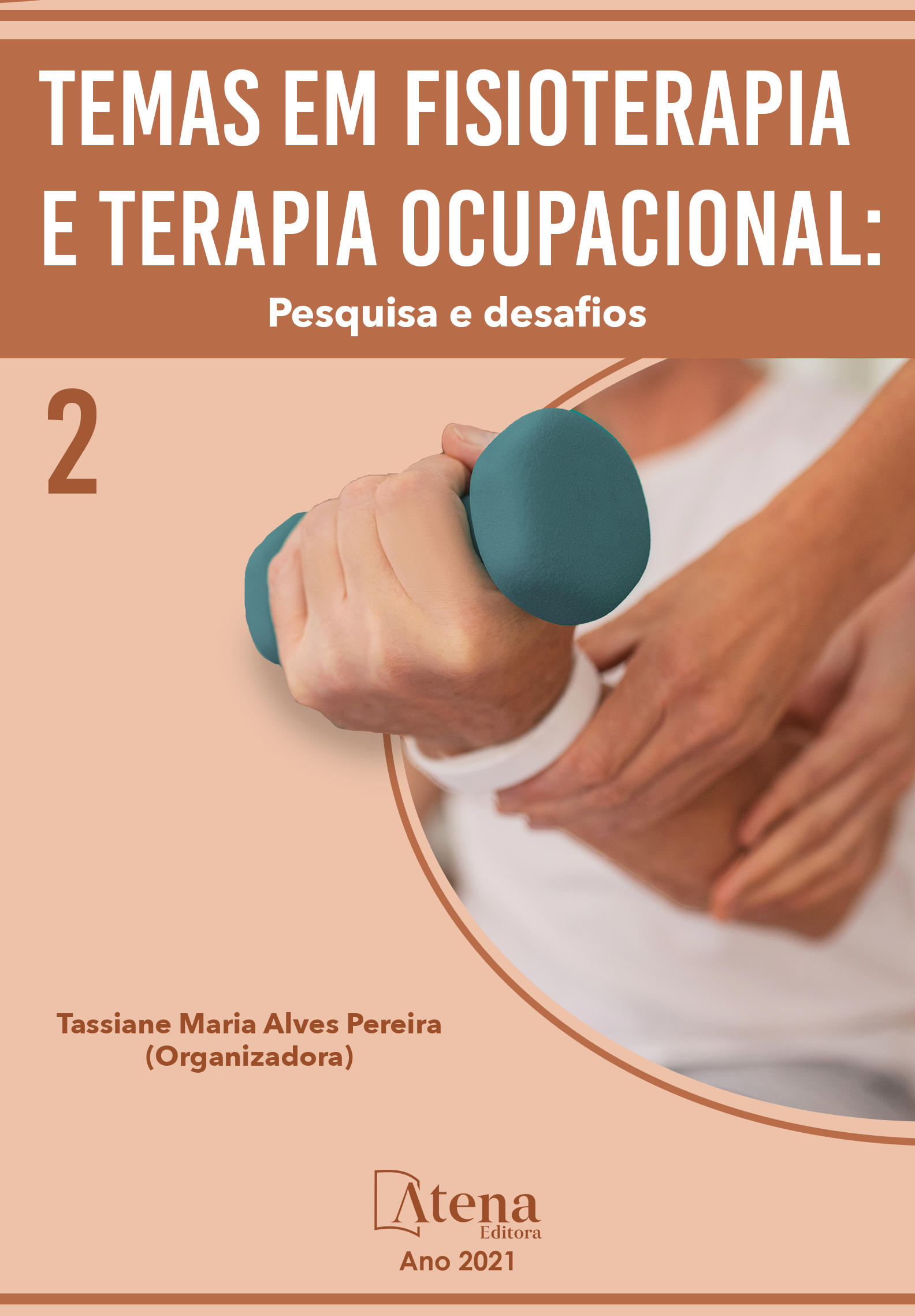
AVALIAÇÃO DO EQUILÍBRIO EM IDOSOS INSTITUCIONALIZADOS ATRAVÉS DA ESCALA DE EQUILÍBRIO DE BERG: UMA REVISÃO DE LITERATURA SISTEMÁTICA
Cerca de 30% dos idosos com mais de 65 anos de idade caem pelo menos uma vez por ano, dos quais a metade de forma recorrente. Sabe-se que quando maior for o tempo de institucionalização, mais fragilizado ficará o idoso, já que há mudança do seu ambiente, alteração de função psicológica, cognitiva e funcional, comprometendo a saúde e qualidade de vida, aumentando também os riscos de queda. Objetivo: Analisar o equilíbrio em idosos institucionalizados a partir de revisões sistemáticas. Metodologia: A busca científica foi realizada no período de junho de 2020 a janeiro de 2021 por meio do endereço eletrônico da plataforma da Biblioteca Virtual De Saúde (BVS), nas bases de dados online: LILACS, MEDLINE, SCIELO e PUBMED. Resultados: Durante a busca, foram encontrados 40 artigos; sendo selecionados 12 e ao aplicar os critérios de inclusão e exclusão restaram apenas 06 artigos para a realização do trabalho. Os resultados obtidos entre os estudos mostraram que quanto maior o nível de dependência, menor mobilidade funcional, quantidade acentuada de medicamentos e doenças prévias associadas, sobrepeso e declínio no cognitivo, pior é o equilíbrio e capacidade funcional dos idosos institucionalizados. Conclusão: Diante ao exposto com base em evidências clínicas através da avaliação do equilíbrio por meio da aplicação da escala de Berg, o equilíbrio em idosos institucionalizados apresentou alterações significativas. Dessa forma, é possível traçar estratégias terapêuticas voltadas para o engajamento e a motivação na realização de atividades rotineiras e sociais, com exercícios e treinos de marcha para auxiliar esses pacientes.
AVALIAÇÃO DO EQUILÍBRIO EM IDOSOS INSTITUCIONALIZADOS ATRAVÉS DA ESCALA DE EQUILÍBRIO DE BERG: UMA REVISÃO DE LITERATURA SISTEMÁTICA
-
DOI: 10.22533/at.ed.8832118067
-
Palavras-chave: Idoso, Equilíbrio Postural, Institucionalizados, Escala de Berg
-
Keywords: Elderly, Postural Balance, Institutionalized, Berg Scale
-
Abstract:
About 30% of elderly people over 65 years of age fall at least once a year, half of which are recurrent. It is known that the longer the institutionalization period, the more fragile the elderly person will be, since there is a change in their environment, a change in psychological, cognitive and functional function, compromising their health and quality of life, and the risk of falling also increases. Objective: To analyze the balance in institutionalized elderly from systematic reviews. Methodology: The scientific search was carried out from June 2020 to January 2021 through the electronic address of the Virtual Health Library (VHL) platform, in the online databases: LILACS, MEDLINE, SCIELO and PUBMED. Results: During the search, 40 articles were found; 12 were selected and when applying the inclusion and exclusion criteria, only 6 articles remained for the work to be carried out. The results obtained between the studies showed that the higher the level of dependence, the lower functional mobility, the marked amount of medications and previous associated diseases, overweight and cognitive decline, the worse the balance and functional capacity of institutionalized elderly people. Conclusion: In view of the above based on clinical evidence through the assessment of balance through the application of the Berg scale, balance in institutionalized elderly people presented significant changes. Thus, it is possible to outline therapeutic strategies aimed at engagement and motivation in carrying out routine and social activities, with exercises and gait training to assist these patients.
-
Número de páginas: 15
- Ingrid Limeira da Silva
- Lílian Melo de Miranda Fortaleza
- Karen Rafaela Alves Melo


